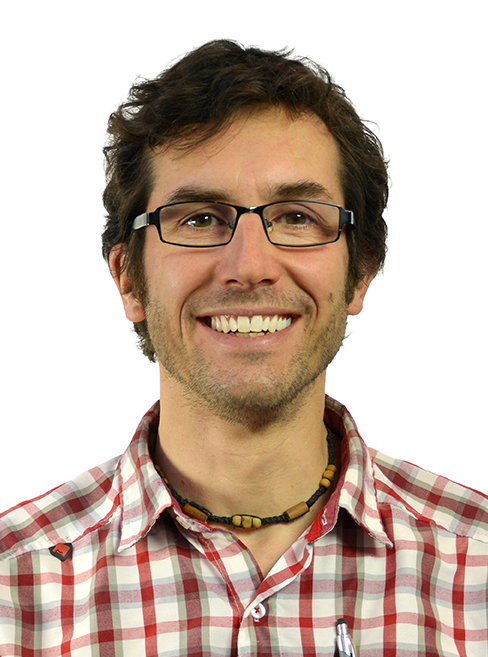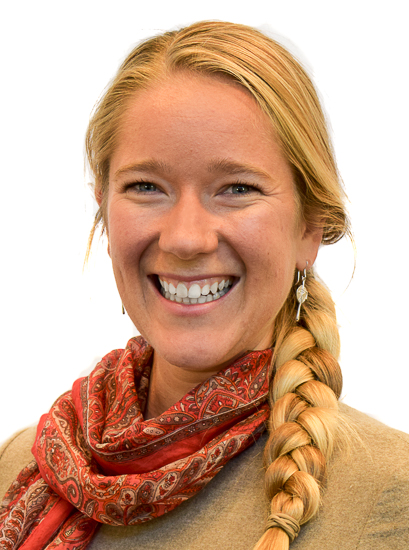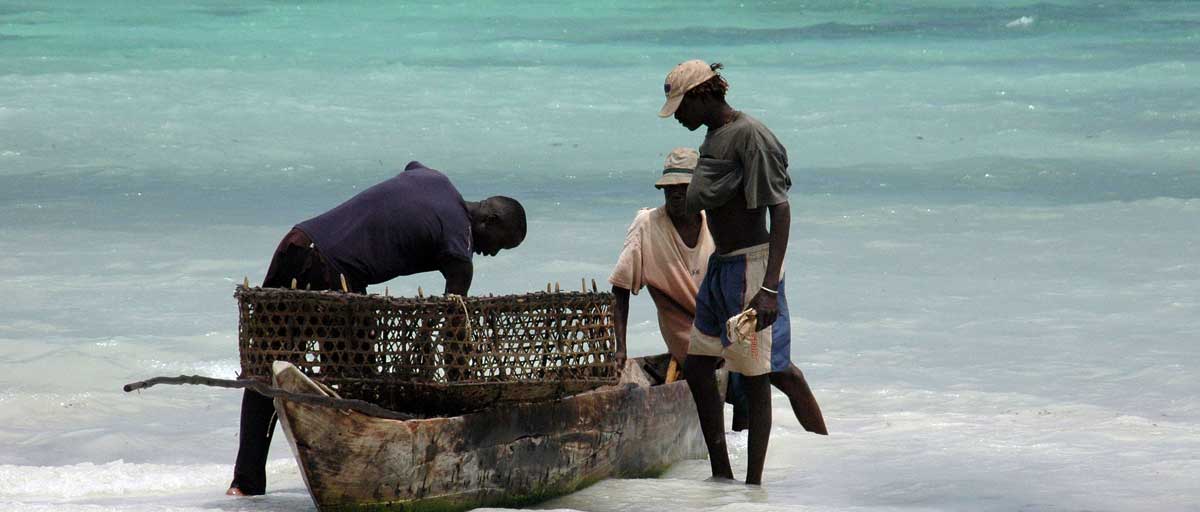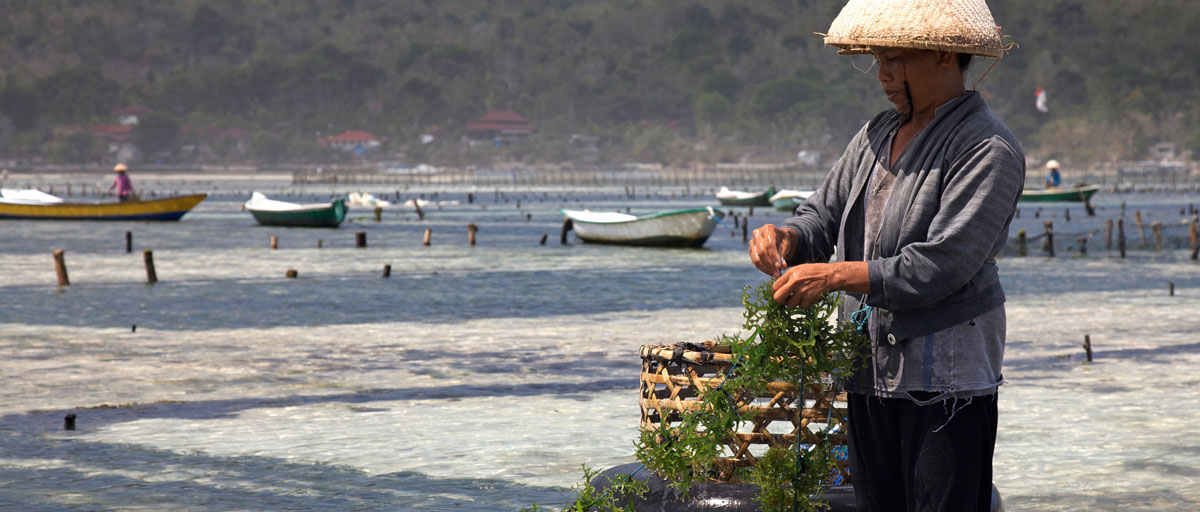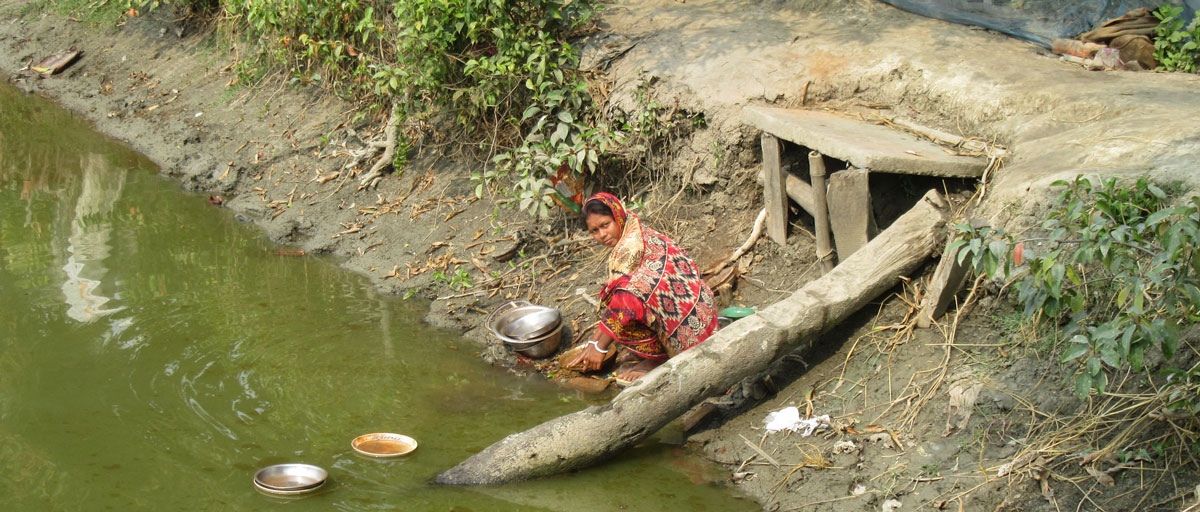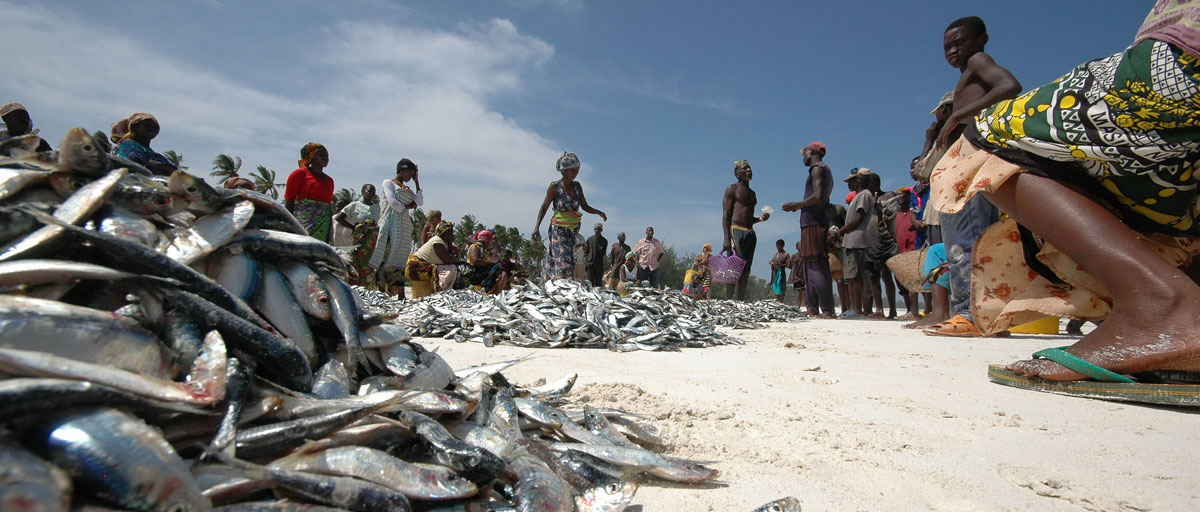
A new study looks at how people involved in World Bank fisheries projects in East Africa perceive fisheries development and how this has changed over the years. Photo: O. Henriksson/Azote
Bildtext får vara max två rader text. Hela texten ska högerjusteras om den bara ska innehålla fotobyline! Photo: B. Christensen/Azote
FISHERIES DEVELOPMENT
Fishing for development in a sea of complexity
Evidence of a paradigm shift in fisheries development aid offers hope for future projects
- Development aid projects often suffer from unintentional, negative consequences.
- Better fisheries development outcomes rely on actors’ having a clearer understanding of the complexities of the system.
- Complexity thinking can help understanding the multi-faceted nature of fisheries development and therefore improve future projects.
The tide is turning on traditional approaches to development aid. Research is recognising the need to address the complex nature of development. This is especially the case with fisheries, where past efforts to increase fish production resulted in less independent fishers, overexploitation of resources and higher unemployment.
With fish being a vital resource in coastal communities, it becomes clear that new approaches to development aid are essential.
When viewed as a system, fisheries are complex. Development interventions have many intended strategies and outcomes that are interrelated. A mix of actors with their own perceptions of development steer how international aid aims to support fisheries.
The overall system is unpredictable, always fluctuating and adjusting to external influences. In turn, these waves of change within the industry can impact local communities and their surrounding ecosystems. Therefore, a change to a more complex perception of fisheries development might be the key to better identifying solutions for fishery systems.
In a study published in a Marine Policy, centre researchers Abigayil Blandon, Jamila Haider and Tim Daw collaborated with Samantha Stone-Jovicich in CSIRO, Australia to explore how people involved in World Bank fisheries projects in East Africa perceive fisheries development and how this has changed over the years within documentation. The article is part of a special issue on ocean finance.
Central to this study is investigating the role of complexity science as a potential tool for understanding the complicated nature of fisheries development.
Our study provides an opportunity to consider fisheries development in the context of the changing institutional paradigms and individual conceptualisations, and to consider what it means for the design and implementation of current projects.
Abigayil Blandon, lead author
From paradigm to practice
The researchers turned to the concept of paradigms to help demonstrate how perception of fisheries development can impact the ways aid interventions are practiced. Think of it as a set of beliefs that create shared understanding, particularly powerful if it exists in an institution such as the World Bank (WB).
Ultimately, the way fisheries development is understood by such institutions and individuals can influence the outcomes of development projects. By focusing on this idea, researchers can investigate how perceptions of fisheries development aid can shift overtime.
This leads to the study’s central goals:
1) to understand the WB’s paradigm around fisheries development throughout the years
2) how individual actors involved in fisheries development projects make sense of this evolving paradigm.
Finally, will the perceptions of fisheries development from WB projects and project workers parallel ideas from complexity science?
Capturing complexity with science
The authors write how complexity science provides concepts and tools that could help with understanding the complicated dynamics of fishery systems. Focusing on the links within and between complex systems highlights how it is impossible to predict the outcomes of development projects.
Thinking about fisheries in this way allows for capturing the complexity of the system in order to better understand its function—a dynamic system controlled by actors, policies, and ecosystems. The authors emphasise the significance of viewing development through this lens in order to understand its function on a deeper level.
To test if fisheries development projects reflected complexity thinking, researchers analysed WB documents from two time periods, before 1995 and after 2000, and interviewed workers on projects in Kenya and Tanzania over the last 15 years.
Projects ranged from First South West Indian Ocean Fisheries Governance and Shared Growth Project (SWIOFish1), the national-level Kenyan Coastal Development Project (KCDP), and the Marine and Coastal Environment Management Project (MACEMP).
This approach allowed the researchers to construct a story of how perceptions of fisheries development have changed, and how they relate to complexity science concepts.
Shifting perspectives
The researchers did, in fact, discover key ideas from complexity science in perspectives of fisheries development. They also discovered a significant shift in the WB thinking around fisheries development from pre-1995 to post-2000 by mapping information from the WB documents. Interviews showed a diverse range of conceptualisations, agreeing to different degrees with the current WB “paradigm”.
However, this is only the start of adopting a complexity approach to fisheries development.
Says co-author Tim Daw: “While this shows some evidence of actors and institutions incorporating complexity concepts into their narrative, concepts of adaptation, unpredictability, non-comparability and feedbacks were poorly reflected.” This he argues, shows the current gaps if approaches such as adaptive management are to be taken up.
This study demonstrates changes in development perspectives overtime, and how new paradigms hope to capture the complexities of fisheries. This has implications for future development projects, and can potentially help guide development projects to take more complexity-based approaches.
Methodology
Researchers collected data from WB project documents along with semi-structured interviews with 13 WB development project implementers (those who worked in Tanzania and Kenya). Interviews asked about: issues hindering fisheries to develop in East Africa along with perceived causes and solutions to these issues. These methods were conducted to capture official records of WB development patterns over the years as well as to understand development projects through the perspective of project workers. Separating them into the old: (1975-1995) and new: (2000-2015) projects, information from interviews and documents was then coded and related to concepts within complexity science. Out of document and interview data, the problems, solutions, and causal links were pulled out and to create maps of concepts for the purpose of analysis.
Blandon, A., Daw, T., Haider, J., Stone-Jovicich, S. 2019. Conceptualisations of fisheries development in Eastern Africa over time and between actors. Marine Policy, DOI: 10.1016/j.marpol.2019.103512

Abigayil Blandon is a researcher working on the sustainable development and utilisation of fisheries resources
